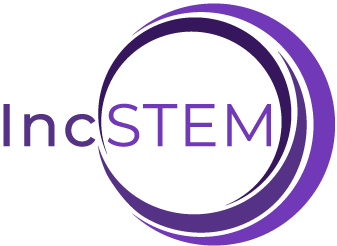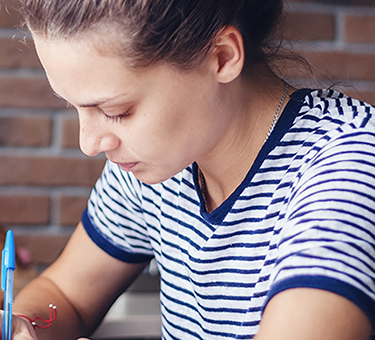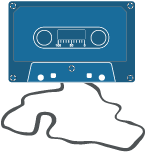This website is a repository for the ‘Embedding and Sustaining Inclusive STEM Practices’ project (referred to as ‘IncSTEM’), which ran from March 2017 to August 2019. The purpose of this 30-month project was to help UK Higher Education (HE) providers address the gaps in attainment for students with disabilities. The project was timely, as it aligned with a government and sector-wide move from making reasonable adjustments to accommodate students with disabilities, to making anticipatory adjustments to ensure teaching is inclusive. Inclusive teaching seeks to design learning experiences that consider the diverse study requirements of students and supports equitable forms of participation. The IncSTEM project investigated the learning experiences of students with disabilities and developed targeted approaches to embed and sustain more inclusive teaching approaches within the STEM disciplines.
Team members
- The Open University (OU): Trevor Collins (PI), Victoria Pearson (Co-I), Chetz Colwell (Co-I), Nicholas Braithwaite (Co-I), Kate Bradshaw, Gareth Davies, Anne-Marie Gallen, Rafa Hidalgo, Kate Lister, Elaine McPherson, Keyur Dave and Aneta Tumilowicz.
- The University of Leeds (UoL): Daniel Morgan (Co-I), Jacqueline Houghton, Claire Gordon, Ben Craven and Geoffrey Lloyd.
- The University of Plymouth (UoP): Alison Stokes (Co-I), Samantha Childs, Ruth Weaver and Jane Thorning.
Work packages
- Labwork
- L1. Practical lab work (UoP): Reviewed the design and resources available in the open-access LABplus facility and developed an inclusive design checklist for resource developers.
- L2. Online practical lab work (OU): Reviewed the accessibility testing procedures and processes for making adjustments to facilitate the use of the online apparatus available within the OU’s OpenSTEM Labs.
- Fieldwork
- F1. Inclusive field course – Access Anglesey (UoL, UoP and OU): Ran a one-week residential field course for a mixed-ability group of thirteen students and three lecturer observers (September 2018). [Read more – Access Anglesey website]
- F2. Reducing barriers to social inclusion in fieldwork (UoP and UoL): Explored the barriers to social inclusion in fieldwork for students with Mental health conditions and Specific Learning Difficulties and produce recommendations for good practice.
- F3. Mental health conditions in fieldwork (UoL): Developed a mental health first aid course for fieldwork, in collaboration with the UoL’s counselling service and disability service.
- F4. Virtual landscapes (UoL): Produced a virtual landscape model of a geology field site at the Rhoscolyn peninsula, which is available online and can be used as an introduction or alternative to fieldwork. [Read more – Virtual Landscapes website]
- Institutional procedures
- I1. Language of disability and inclusion (OU): Developing guidance for students, staff and policy makers about students’ preferred forms of language when talking about disability and their study needs. [Read more]
- I2. Accessibility policy development (OU): A case study of a participatory approach to policy development involving staff from a range of accessibility and inclusion roles.
- I3. ICT procurement (OU): Reviewing institutional procurement policy and sharing guidance for specifying and testing the accessibility requirements of ICT systems.
- Sector approaches
- S1. Employability and work placements (UoP): A review of support provision for students with disabilities around employment and work placements to produce recommendations and guidance for academic staff.
- S2. Discipline-based accessibility working groups (OU): An exploration of institutional and disciplinary responses to expectations for universities to make their teaching inclusive to produce models of accessibility and inclusion support groups.
- S3. Accrediting inclusive teaching (OU): A review of subject benchmark statements and accreditation requirements to explore potential tensions when considering reasonable adjustments for key skills and produce a set of examples for accrediting bodies to endorse.
- S4. Inclusive approaches to group work (OU): Using student and staff experiences to develop guidance on inclusive approaches to group work for students, for staff in student support roles and staff in learning design roles. [Read more]



